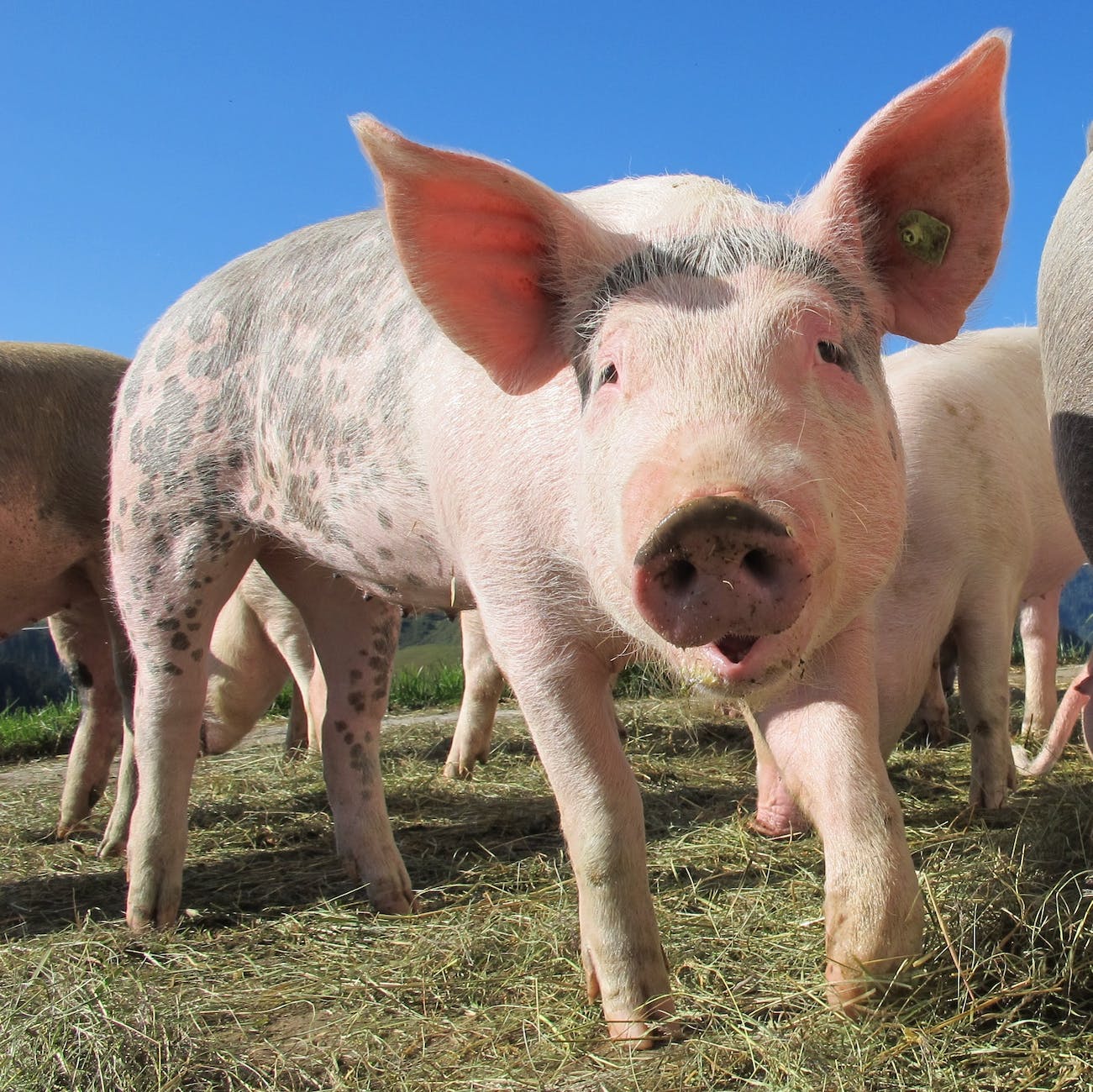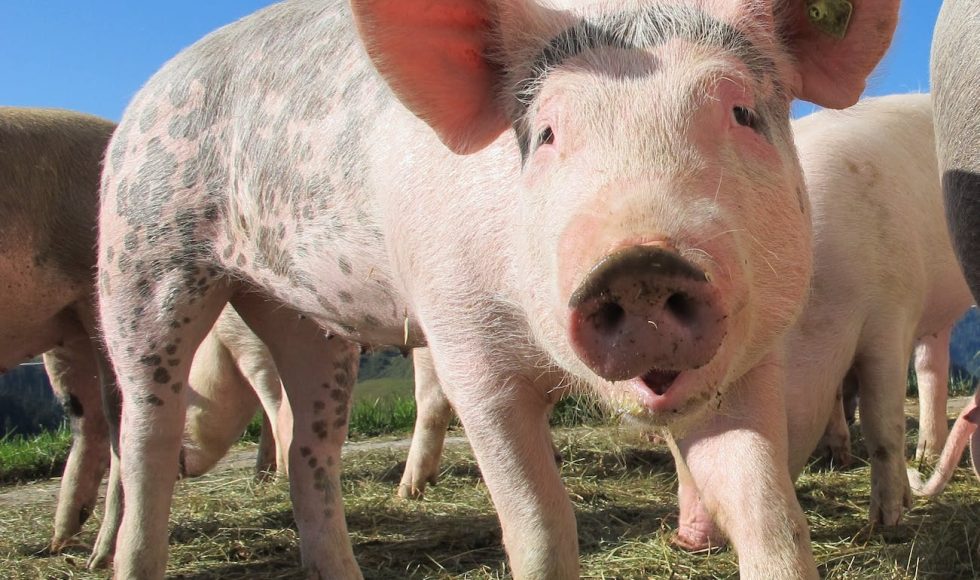Nick Vereecke from PathoSense BV Belgium presented at London Calling 2022 on “Emergence of new multi-resistant Brachyspira hyodysenteriae strains in Belgian pigs, revealed by high-quality whole-genome sequencing. This five minute session began with an introduction about the losses due to B. hyodysenteriae and swine dysentery. Vereecke noted that this organism is a spirochete bacterium with a unique genome: 27% GC content and anaerobic growth. Vereecke explained that it takes three to ten days to grow “properly.” First line treatments are antibiotics including macrolides and lincosamides. The goal of this research was to identify multi-resistance markers within these genomes because, Vereecke explained, “this will actually speed up our identification of these multi-resistant strains.” To achieve this goal, they have acquired a collection of 90 B. hyodysenteriae field strains. With these field strains isolated from Belgian pigs (2018-2020), they performed AST phenotyping and antibiotic susceptibility. Next, they used a MinION sequencer to perform whole genome sequencing. They then analyzed sequences with a custom Bonito workflow, FLyer de novo, and Medaka. With these results, they aimed to plot MLST distribution, WGS phylogeny, screening of AMR mediators… Nanopore sequencing was able to produce high-quality genomes. Vereecke concluded that they identified multiple sequence types in Belgium that have high-prevalence of multi-resistance. At PathoSense, they are developing an all-in-one diagnostic instrument. They want to also do genome-wide association studies and dive deeper into these unique genomes.



